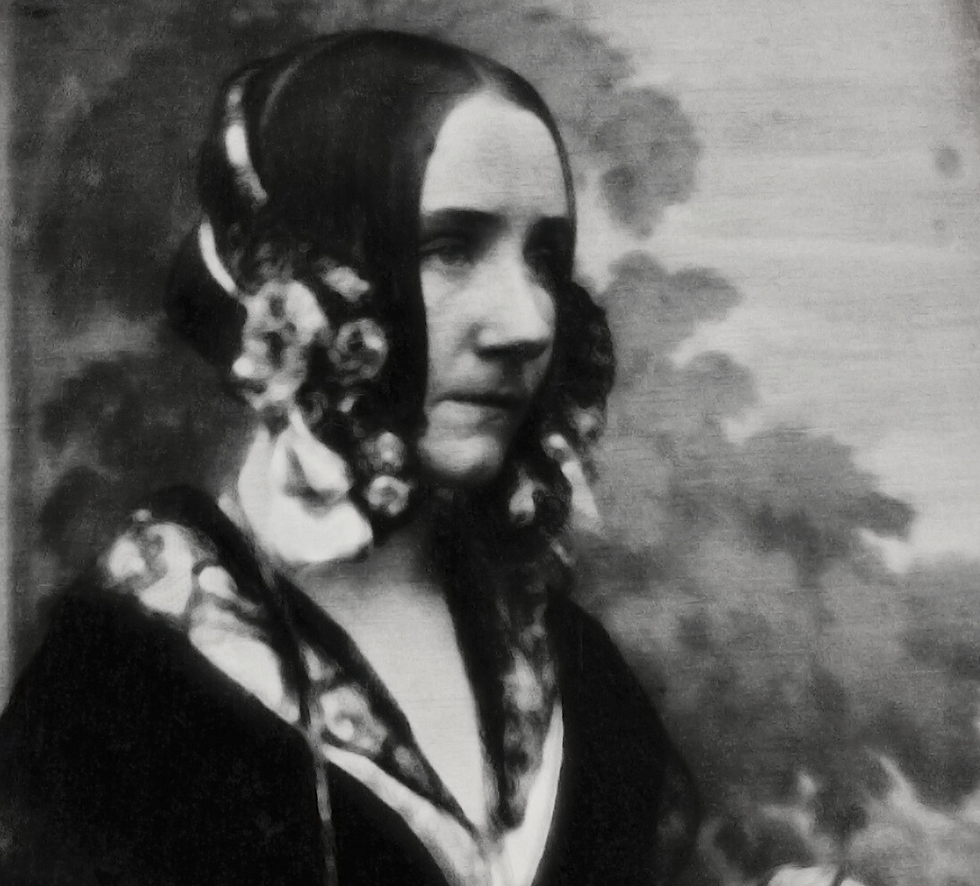Hans Lippershey and the Telescope Revolution
- janz29
- Feb 7, 2024
- 2 min read
We are continuing our series on overshadowed geniuses who made groundbreaking contributions to advancing human knowledge. Among these luminaries stands Hans Lippershey, a name perhaps less familiar than others, yet whose invention sparked a revolution in our understanding of the universe. Today, we shed light on the life and legacy of this overshadowed genius whose creation, the telescope, unlocked the secrets of the cosmos and laid the groundwork for centuries of astronomical exploration.
Born in the late 16th century in Wesel, Germany, Hans Lippershey was a skilled artisan and optician by trade. Little did he know that his passion for craftsmanship would lead him to one of the most transformative inventions in human history. In the early 1600s, Lippershey crafted a device that would forever change the way we perceive the world around us: the telescope.
The invention of the telescope was not merely a stroke of luck or a casual endeavor for Lippershey; it was the culmination of years of dedication and ingenuity. By combining lenses in a unique configuration, he created an optical instrument capable of magnifying distant objects, thus extending the reach of human vision beyond what was previously imaginable.
However, Lippershey's genius did not stop at the invention itself. He recognized the profound implications of his creation and sought to share its potential with the world. In 1608, he applied for a patent for his telescope design, igniting a frenzy of interest and innovation across Europe. Soon, astronomers and scholars were using telescopes to observe celestial phenomena with unprecedented clarity and detail.
Yet, despite his pioneering efforts, Lippershey's name often remains overshadowed by those who came after him. It was the Italian astronomer Galileo Galilei who famously turned his telescope to the night sky and made groundbreaking discoveries, including the moons of Jupiter. While Galileo's observations captured the public imagination and earned him enduring acclaim, Lippershey provided the essential tool that made such discoveries possible.
In recognizing Lippershey's role, we acknowledge not only his technical prowess but also his vision and foresight. His invention paved the way for a new era of scientific inquiry, challenging long-held beliefs and expanding our understanding of the cosmos. Without Lippershey's telescope, the course of human history may have unfolded quite differently, with our view of the universe forever limited by the constraints of unaided vision.
As we reflect on the life and legacy of Hans Lippershey, let us not forget the countless unsung heroes whose contributions have shaped the world we inhabit today. May his story serve as a reminder that true genius often lies not in grandiose achievements but in the quiet perseverance of those who dare to dream and strive to turn their visions into reality.





Comments